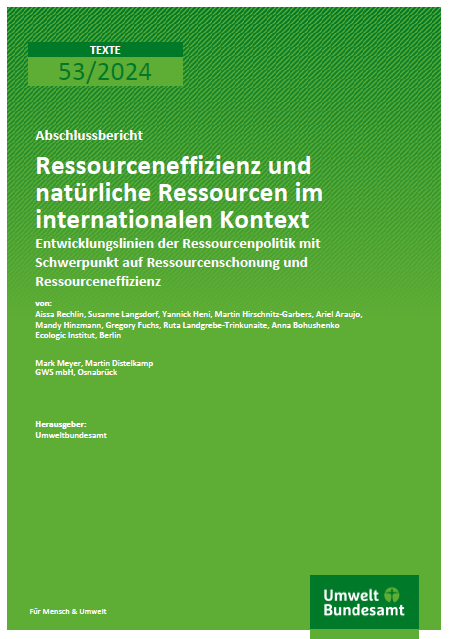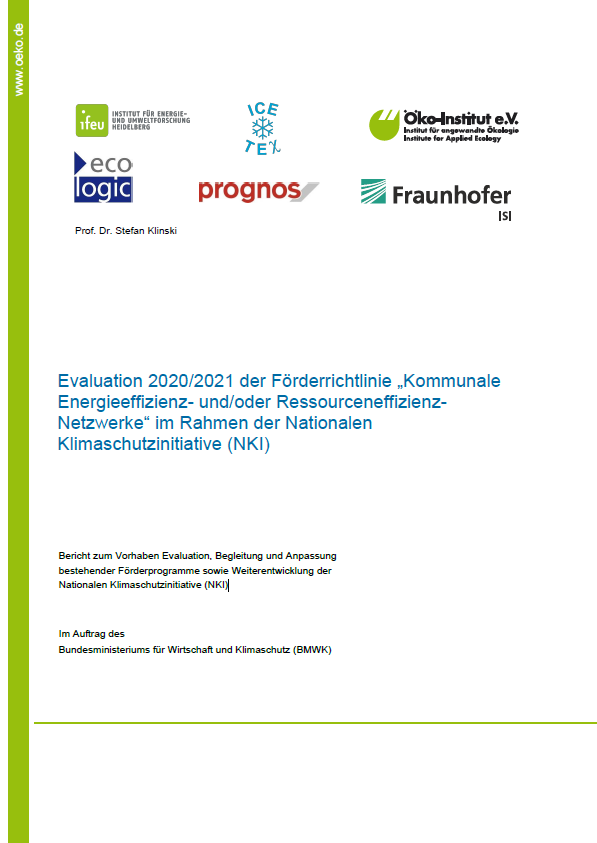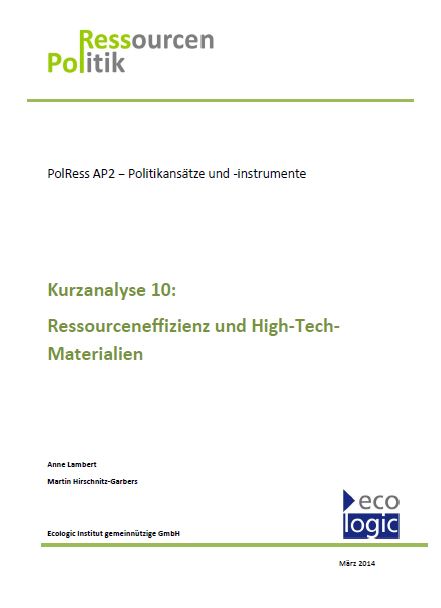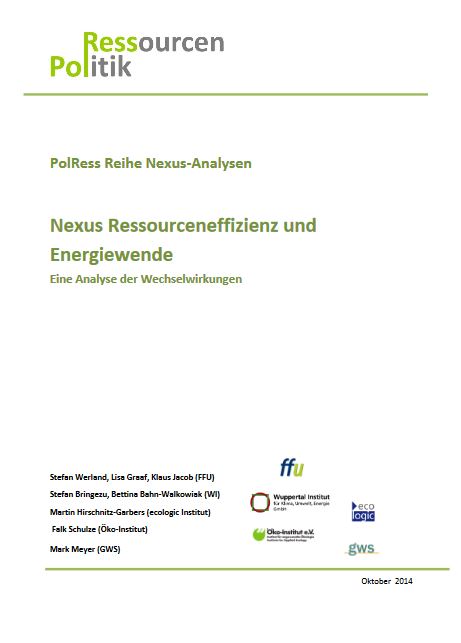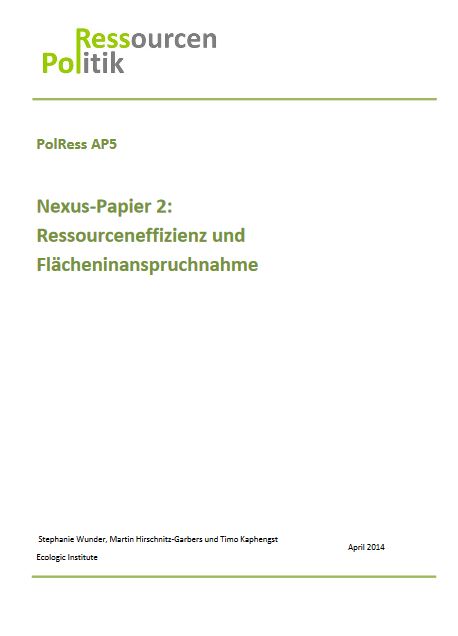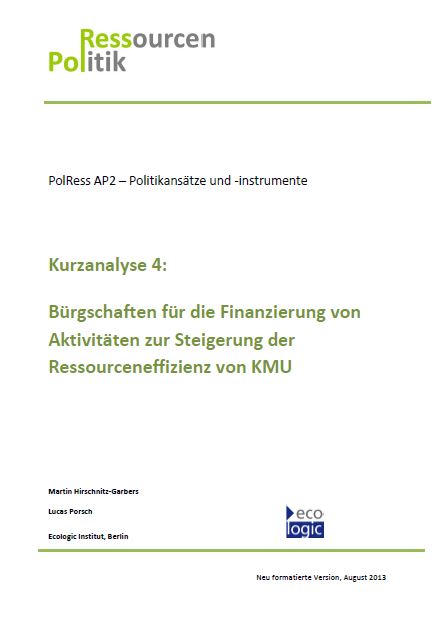Ressourceneffizienz und natürliche Ressourcen im internationalen Kontext
Entwicklungslinien der Ressourcenpolitik mit Schwerpunkt auf Ressourcenschonung und Ressourceneffizienz
- Publication
- Citation
Rechlin, Aissa et al. 2024: Ressourceneffizienz und natürliche Ressourcen im internationalen Kontext. Entwicklungslinien der Ressourcenpolitik mit Schwerpunkt auf Ressourcenschonung und Ressourceneffizienz. Abschlussbericht. Umweltbundesamt: Dessau-Roßlau.
The report analyzes documents and formats focusing on resource efficiency, resource conservation and the circular economy at the German, European and international level. It outlines significant developments and expected trends in resource policy and identifies research needs. Given the rapid increase in global resource use, driven by population growth and economic expansion, the transition to a resource-efficient and circular economy is a key challenge to fundamentally change the way we use natural resources. This need is reinforced by various global crises such as climate change, biodiversity loss, pollution and increasing resource dependency. The report emphasizes that innovative and effective policies are needed at both national and international levels to promote and implement this transition.
Germany's role in global resource policy
The study focuses in particular on the role of Germany and the EU, which is strongly influenced by international agreements and EU legislation. As a leading industrial nation, Germany has a special responsibility and opportunity to help shape global resource efficiency standards. The development and implementation of resource efficiency programs such as ProgRess I-III and active participation in international forums such as the United Nations International Resource Panel (IRP) illustrate Germany's commitment in this area. Various aspects and development potentials of the IRP's flagship report, the Global Resource Outlook, are thoroughly analyzed in this report. The important contributions of the G7 and G20 in the area of resource efficiency and the circular economy are also highlighted, underpinned by initiatives such as the Bologna and Berlin Roadmaps.
Future research and policy measures
The report identifies key research needs and emphasizes the importance of focusing future analyses on climate benefits in relevant sectors and taking into account possible rebound effects and interactions. It emphasizes that policy measures to promote resource efficiency and the circular economy not only offer significant potential to protect the climate and the environment, but can also contribute to reducing pollution and promoting human health. Finally, the report emphasizes the need for strong international cooperation and increased engagement in multilateral environmental agreements to effectively promote sustainable global resource policies.
